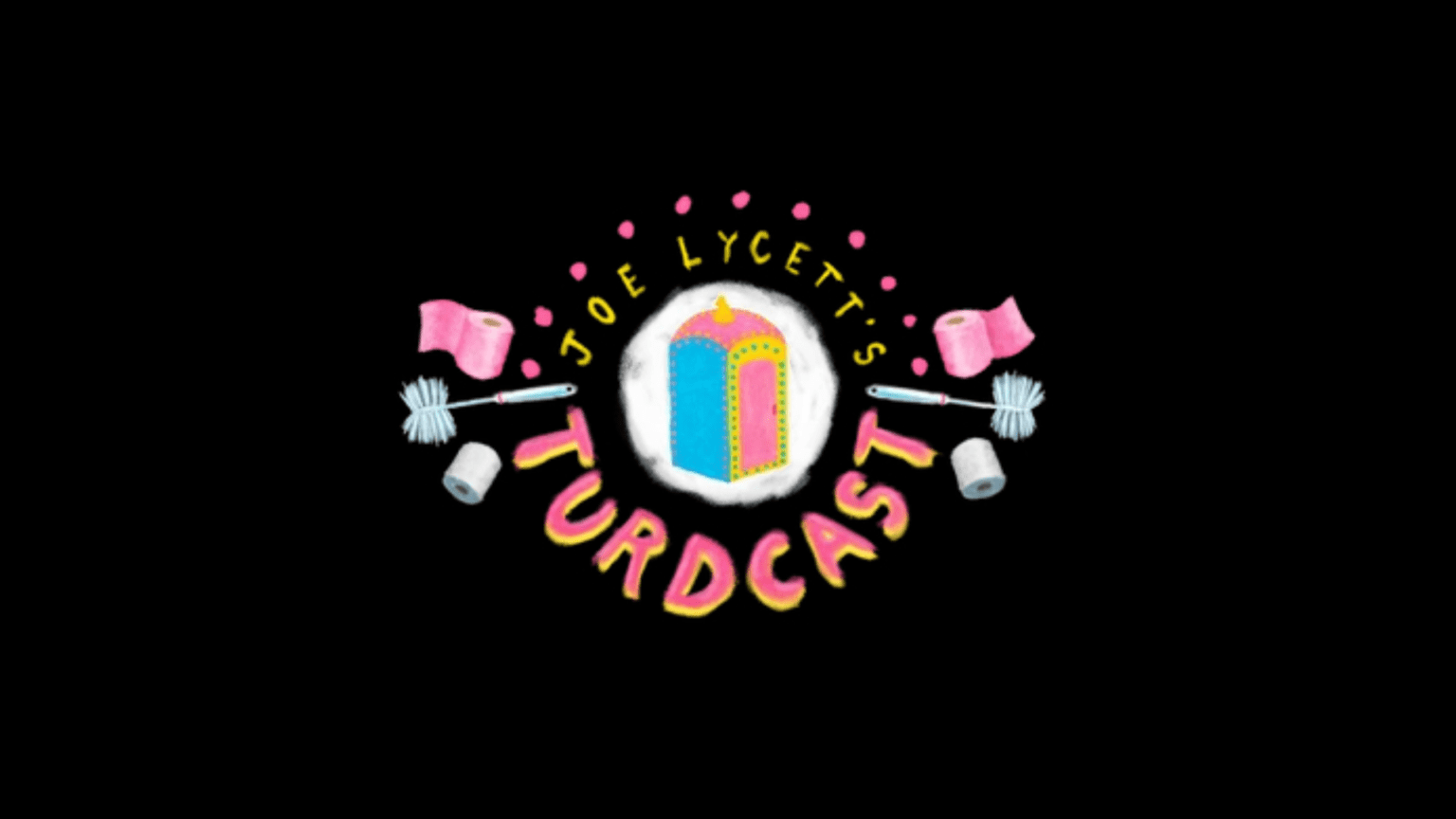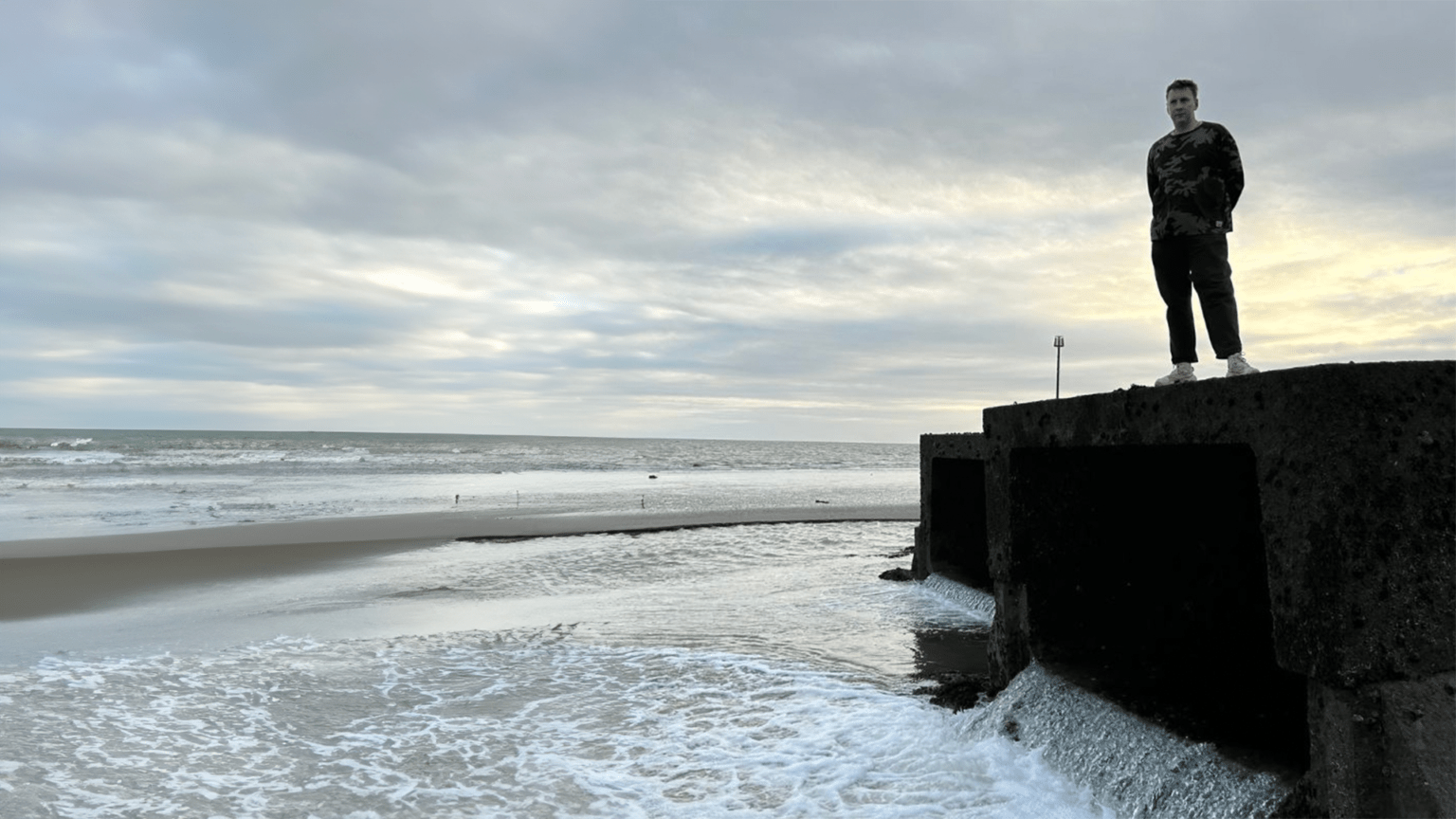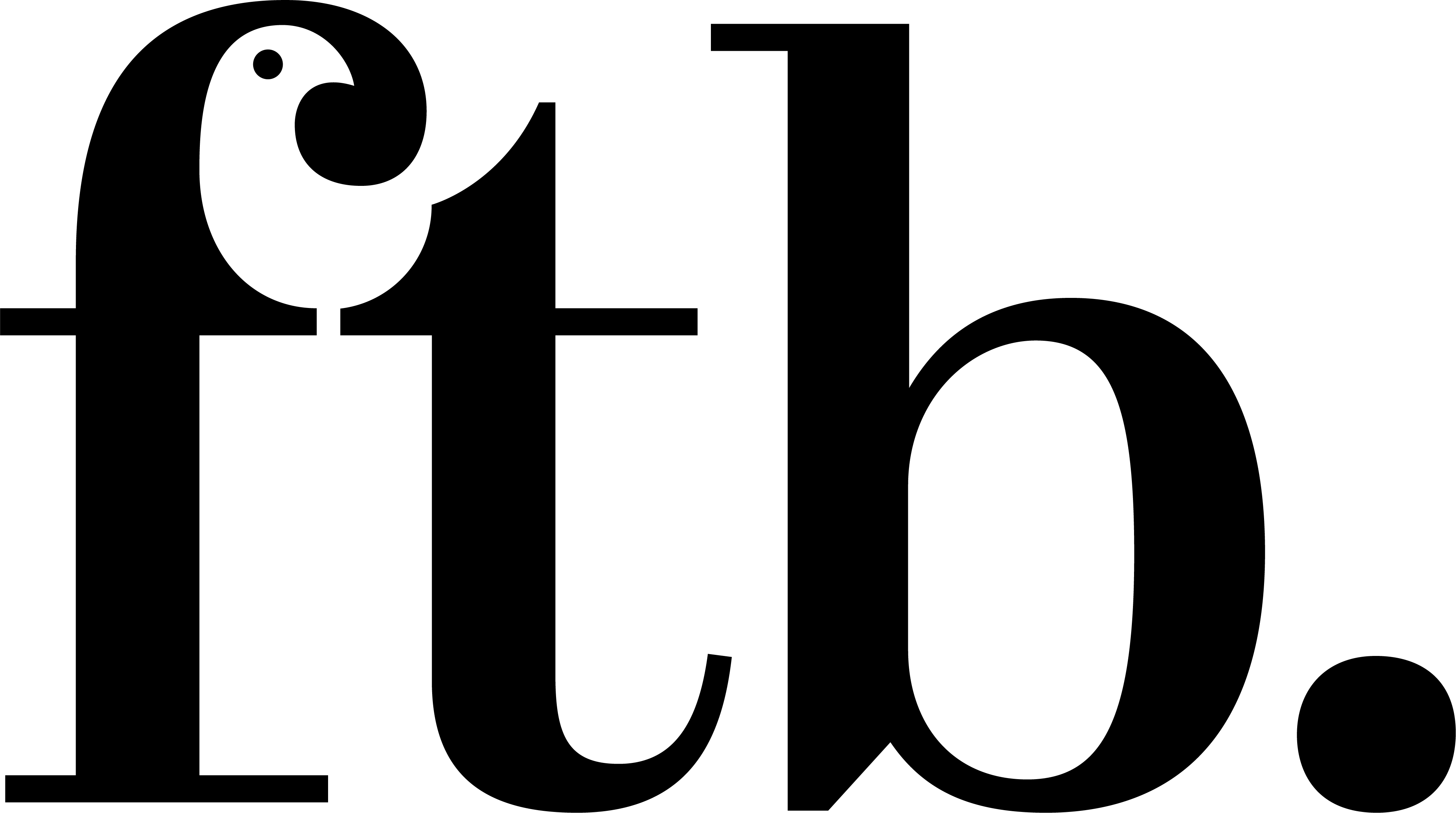Beautiful Thinking.





Whether it’s a satirical, lettuce-based takedown of Liz Truss, holding oil companies accountable for greenwashing or shining a spotlight on Suella Braverman’s appalling comments on homelessness through the medium of potpourri, Lycett is known for bringing some very important issues to the masses through his own brilliant comedic talents.
Most recently, he is diving into a world of shit. Literally. Few people might be aware – prior to Lycett’s new Channel 4 documentary, Joe Lycett vs Sewage – just how antiquated (and by result, dangerous) the UK’s sewage systems are. Billions of litres of sewage are regularly pumped into our waterways, from river to sea.
While our systems have been somewhat updated over time, little has been done to overhaul what was originally installed by the Victorians. Any improvements have certainly been unable to keep up with our rising population as well as other factors such as excess rainwater.
The unfortunate reality of the water industry is, as Lycett discovers, down to a disappointingly stereotypical desire for very rich individuals to stay very rich. An industry whistleblower whom Lycett speaks with reports that several of the most senior executives have held positions in both the water companies and the regulators who are supposed to be keeping them in check. Executives who should report “spills” are apparently unwilling to do so because the regulators will then fine them, subsequently threatening their annual bonuses.
You’ll also note that we use inverted commas for “spills”, as another horrifying discovery within the documentary – albeit one which is sadly not news to us all – is that the flowing of sewage waste into waterways is most often on purpose. Earlier this year, it was revealed that the amount of sewage allowed to flow into the Thames in 2023 was almost five times higher than the previous year.
According to Thames Water, 2023 was worse than 2022 due to the latter being a “drought year”. With 2023 being a much wetter year, storm overflows – designed to operate automatically on occasions when the sewage network is overwhelmed – release waste into waterways instead of it flowing back into people’s homes.
These results followed news in September 2023 that the government and regulatory bodies may have broken the law by failing to prevent the flow of raw sewage into rivers and seas. The Office for Environmental Protection, an independent watchdog, investigated after an appeal from WildFish, the only independent charity in the UK campaigning for wild fish and their environment. Investigations from publications including The Guardian also revealed further insights into the circumstances in which raw sewage is released into waterways – an act which is, by law, only supposed to occur under exceptional circumstances. This inquiry also marked the first occasion when Government ministers were held to account for their role in this serious issue. Namely a failure to act in holding water companies responsible for their actions, as well as issues surrounding permit conditions for raw sewage release and a failure to enforce the conditions of permits.




In classic Joe Lycett fashion, his goal of raising awareness of this critical issue is combined with a stunt worthy of his comedic prowess. He announces the launch of his new podcast, Turdcast, with the support of a launch stunt involving an inflatable public toilet – the Turdis – from which the (fake) results are “accidentally” released into the sea. The first celebrity “guest” is Gary Linekar, known not only for his legendary football skills, but also for the occasion where he suffered from a very public bout of diarrhoea on the pitch.
With tens of thousands having already signed up to Turdcast.co.uk, where the public is encouraged to contact their local water company. It is also here that he stresses that the £1.3 billion paid in dividends to shareholders in 2023, should be invested in updating the crumbling infrastructure that has led to a growing number of the UK’s waterways losing their “good” status under the EU’s Water Framework Directive.
